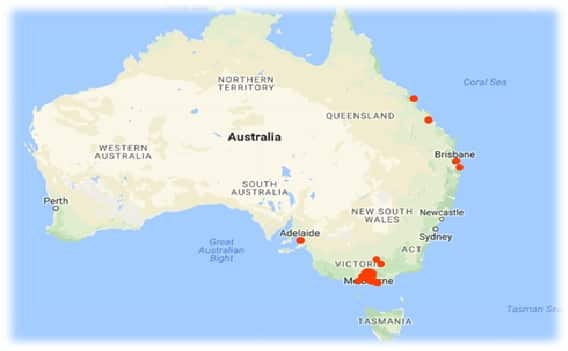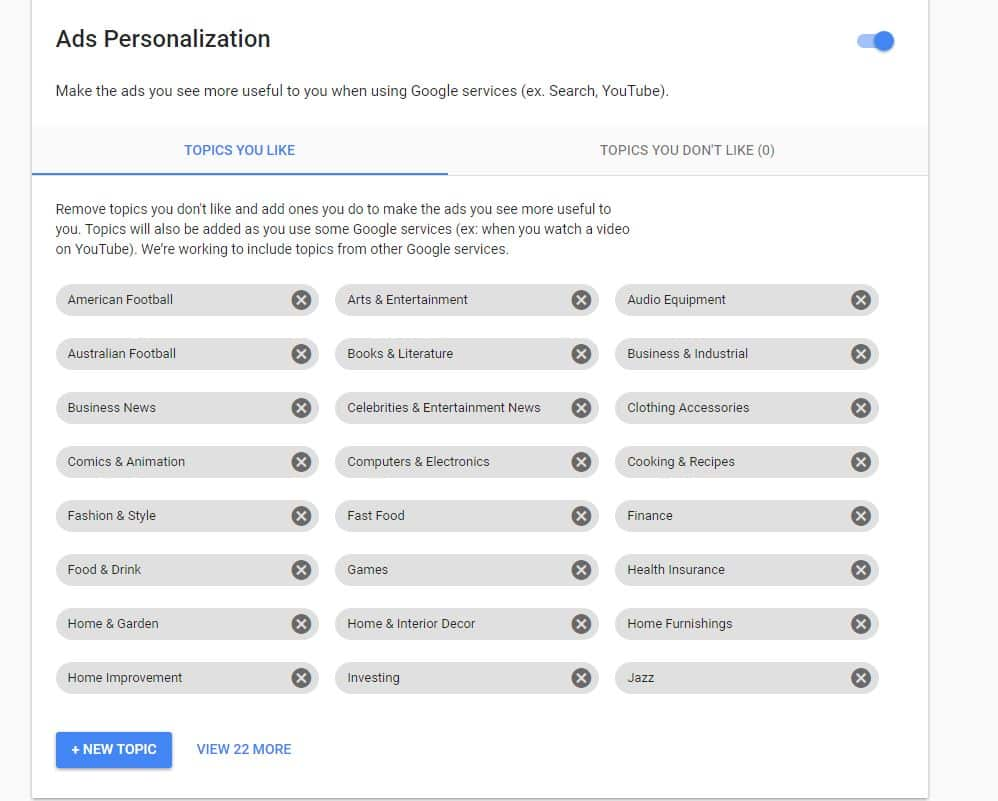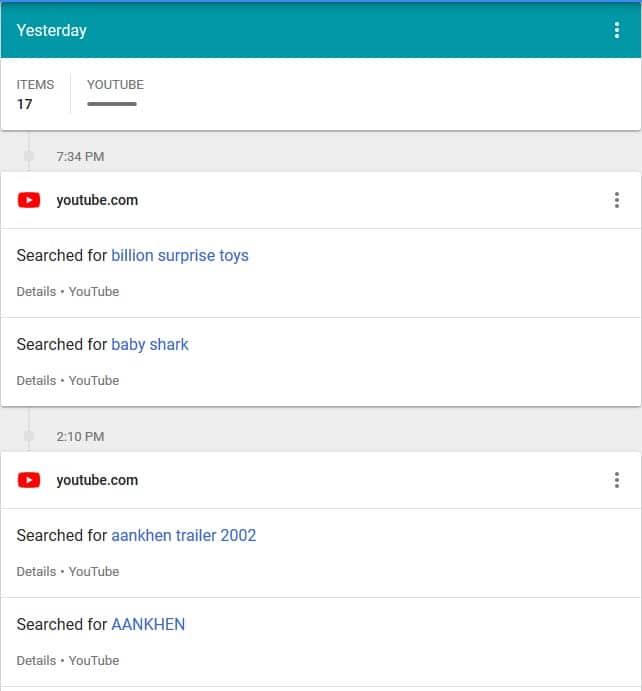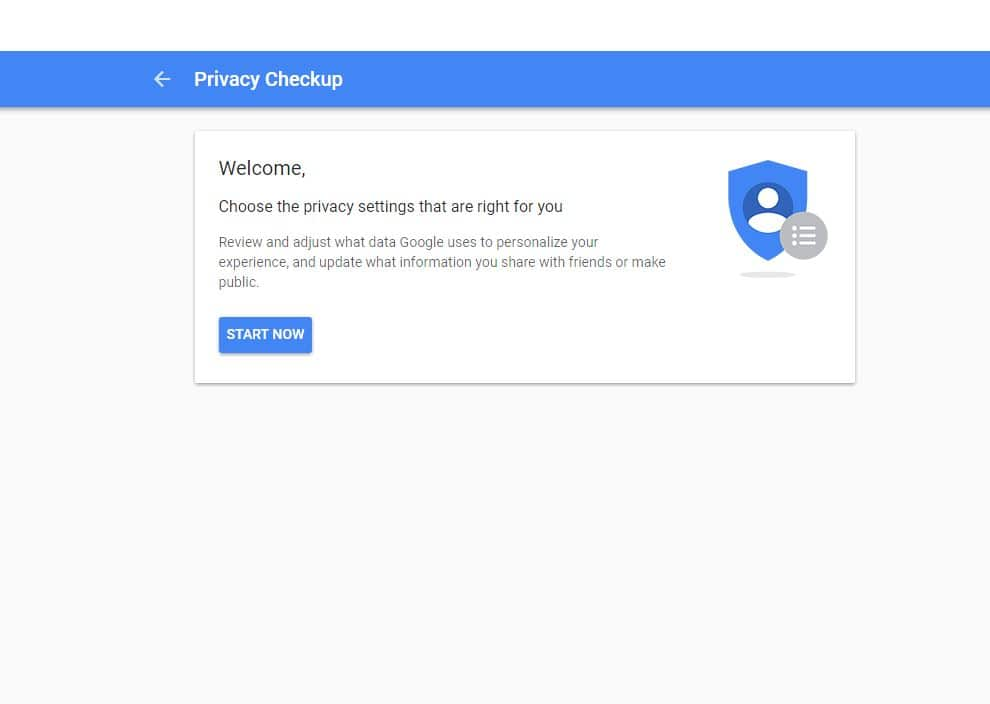In the recent wake of the Facebook Cambridge Analytica data scandal, there's growing concern about data collection and privacy issues from companies such as Google which collect massive amounts of user data. SBS Gujarati asked Dr Ritesh Chugh from Central Queensland University’s School of Engineering and Technology to provide an insight into some of those concerns, and what users can do to protect their personal information.
“It isn’t just Facebook tracking its users, Google does it too but on a much larger scale,” says Dr Chugh.
Google knows a lot about its users, he told SBS Gujarati, and it needs to know them so it can better target its advertising, a key part of Google’s revenue generation model.
Users sign up to the terms and conditions agreement which outlines what Google does with users’ data; however by consenting to those terms and conditions, users essentially agree to give their data to Google.
"While there are a lot of benefits that come with allowing Google access to user data, nevertheless, it is important to know what Google stores about its users and how to control it," he says.
“Google stores its users’ search history. Yes, all of it."
"If you have used voice search using Google Assistant, then every voice search is also saved, i.e. an actual recording of your voice.”
Google also stores your location history. "Every move that you make is tracked and sketched on a Google Map," he says. "The location timeline page also allows users to choose dates and identify where they were on specific dates."

Google also creates an advertisement profile from users’ data, for example, searches and location, websites and apps used, videos and adverts, and personal information, such as age range, gender, and topics of interest. The Google Activity Centre also stores details of the various apps users visit including the number of times a device’s camera is used.

Dr Chugh emphasises there is no doubt that all the data Google stores is used to enhance customer experience, along with the ease with which Google can use that data to target users with focussed marketing. Amongst some benefits are the location history, which can provide automatic commute predictions and improved search results. The audio recordings can lead to improved speech recognition.
He also highlights that all the data that our mobile devices send back to any provider drains our mobile data plan too, a view that is being investigated by the Australian Competition and Consumer Commission.
He also points to the problem of data being collected from the under-13 age group (who are officially barred from Facebook or Instagram) when they used Google-owned YouTube.

What can consumers do to safeguard their data?
"For starters," he says, "users can delete all of their search history from Google’s history page. They can also stop Google from storing their future searches. The same can also be done for all the saved voice and audio activities. Location history can also be deleted from the Google timeline page and further strengthened by disabling location services from mobile devices."
Ultimately Dr Chugh says it is a trade-off and users need to decide what aspects of their data they want to control and how seamless they want their experience to be across a wide range of Google products.
He recommends users start by visiting their Google My Account, Google Dashboard and then to Google My Activity to see it all for themselves.

He promises that once the shock has set in, then users should take control of their settings and change them to suit personal needs.
Dr Chugh urges users to visit the hyperlinks if they haven’t previously.





